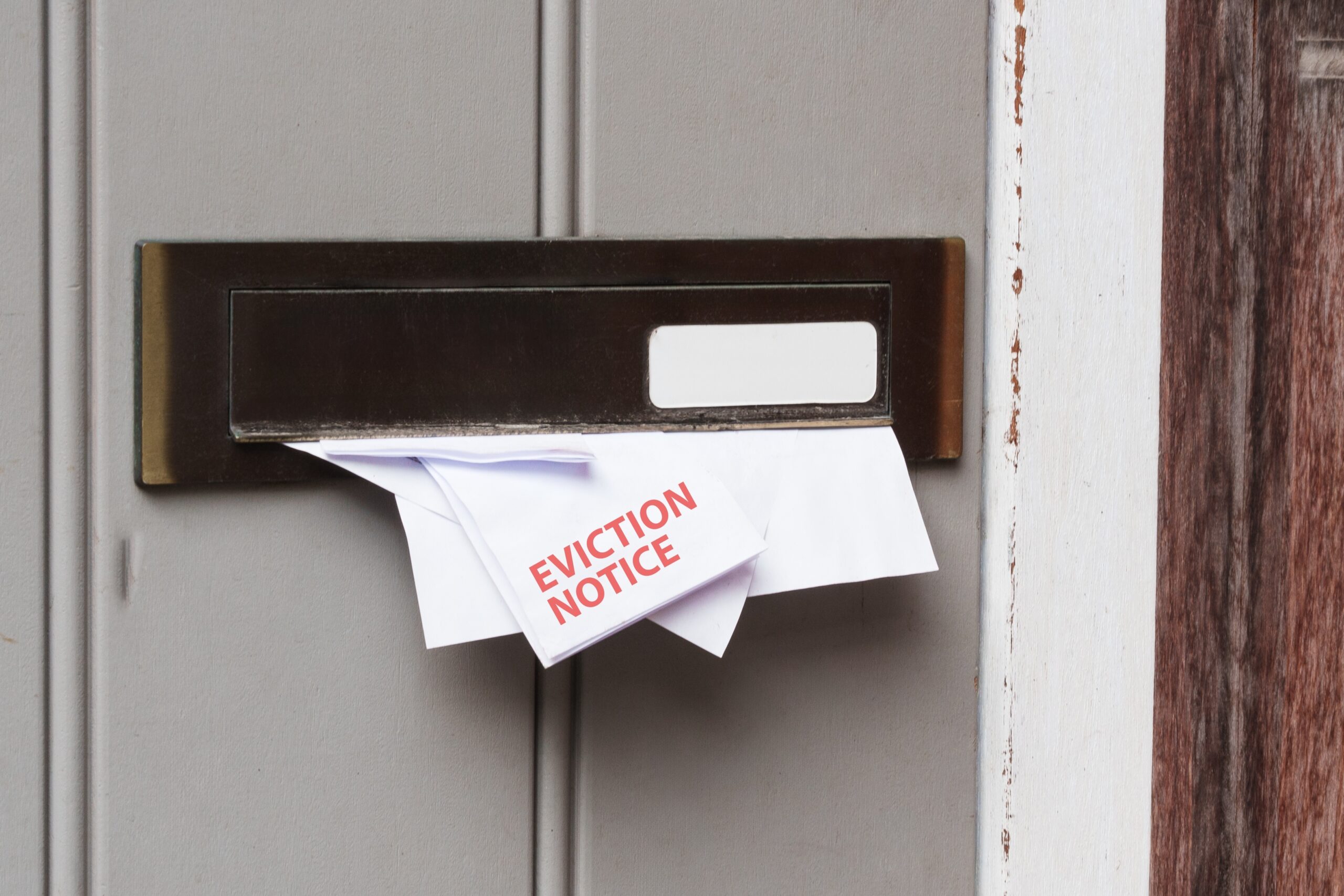The UK rental market is set for dramatic change with the publication of the Renters’ Rights Bill (the “Bill”) introduced to the House of Commons on 11 September 2024. This landmark legislation proposes to abolish Section 21 evictions in England, thus bringing to a close an era of “no-fault” evictions which have been long considered a concern by tenants. This will apply to both new and existing tenancies. Other updates within the Bill involve the Section 8 eviction grounds, protection for tenants and student housing, and the revised procedures to be employed by landlords. We are going to take a closer look at these proposed changes that are going to affect both tenants and landlords.
I. What is Section 21?
Section 21 of the Housing Act 1988, often referred to as the “no-fault eviction” process, allows landlords to evict tenants without providing a reason. By issuing a Section 21 notice, landlords can end a tenancy agreement after the initial fixed term or during a periodic tenancy, provided they comply with the specific notice and procedural requirements. This mechanism has been criticised for creating insecurity for tenants, as it enables evictions without the need to justify the decision.
II. The Abolition of Section 21
The abolition of Section 21 marks a significant shift in tenant protection legislation. Under the new framework, landlords will no longer be able to use the no-fault eviction route to terminate tenancies. This change is designed to provide tenants with greater security and stability in their rental homes, reducing the risk of arbitrary or retaliatory evictions after the Act comes into force.
Although the exact date of the ban has not been determined, it is expected to be introduced in phases, thus being fully implemented by summer 2025.
III. Changes to Section 8 Grounds for Possession
The abolition of Section 21 means landlords will have to revert to the grounds for possession under Section 8 when seeking to evict tenants. Section 8 requires landlords to rely on a specific legal reason, with the grounds classified as either mandatory or discretionary. The Bill makes several key changes to these grounds to ensure a fairer process for both parties.
– Ground 1A (Sale of Property)
One of the significant updates is the introduction of Ground 1A, which allows landlords to seek possession if they intend to sell the property. However, the landlord can only use this ground if the tenancy has lasted for at least 12 months. Additionally, landlords will have to give tenants four months’ notice of their intention to sell and provide evidence of the intended sale. To prevent landlords from abusing this ground, they will be prohibited from marketing the property or renting it out (including through short-term lets like Airbnb) for 12 months from the date the notice is served. If the rules are breached, local authorities can impose fines.
– Ground 8 (Serious Rent Arrears)
Another critical change is to Ground 8, which concerns rent arrears. The Bill amends this ground so that landlords can only evict tenants if they have been in rent arrears for three months (increased from two months), both at the time the eviction notice is served and at the time of the court hearing. Landlords must give tenants four weeks’ notice before proceeding with an eviction, which is now consistent with the notice periods for discretionary rent arrears grounds (Grounds 10 and 11). Consequently, tenants will likely be four months behind on rent before landlords can even begin the eviction process, potentially leading to further delays.
Interestingly, the new Mandatory Ground 8A for serious repeated rent arrears, which was part of the Renters (Reform) Bill, has not been included to Renters’ Rights Bill. Ground 8A would have allowed landlords to evict tenants if they had been in arrears of at least two months three times within the previous three years, even if the arrears were cleared before the hearing. Its exclusion from the Renters’ Rights Bill means landlords will now have fewer options for dealing with tenants who repeatedly fall into arrears.
– Ground 4A (Student HMOs)
Bill introduces a new mandatory ground for possession specifically for Houses in Multiple Occupation (HMOs), where all occupants are full-time students. This ground allows landlords to reclaim possession if they intend to relet the property to full-time students. It is worth noting that while there was originally a broader ground for possession for all student lets under the Renters (Reform) Bill, the Renters’ Rights Bill restricts this ground to HMOs occupied exclusively by full-time students. This change reflects the unique nature of student housing, where landlords need the flexibility to align rental agreements with the academic year.
IV. Other Key Provisions
The Bill mandates a shift to periodic tenancies as the default model for all private rental agreements. This means that tenancies will no longer be fixed-term from the outset but will instead be rolling from the start. Tenants will not be able to give notice to leave until they have been in the property for at least four months, ensuring landlords are guaranteed six months’ tenancy in total. This change balances flexibility for tenants with a minimum period of security for landlords.
Moreover, recognising the specific needs of the student rental market, the Bill includes provisions to protect the cyclical nature of student accommodation. In particular, the mandatory ground for student HMOs ensures landlords can re-let properties to new cohorts of students each academic year. This ensures that landlords can confidently offer student accommodation while allowing students to secure housing in advance.
The Bill also includes new rules governing tenant requests to keep pets in rented properties. Landlords are required to respond to pet requests within 28 days and must provide a valid reason if they refuse. Once permission is granted, landlords cannot withdraw consent, providing greater certainty for tenants who wish to own pets. Landlords can still request that tenants cover any potential damage caused by pets through insurance or deposits, but they can no longer issue blanket bans on pet ownership without a reasonable cause.
V. Impact on Tenants and Landlords
The Renters’ Rights Bill offers tenants increased security and protections. With the end of Section 21, tenants can no longer be evicted without cause, reducing the risk of sudden displacement. The new rules also improve conditions by discouraging retaliatory evictions when tenants request repairs, and make pet ownership requests fairer. Tenants will also benefit from more time to resolve rent arrears before facing eviction, thanks to extended timelines under the revised Section 8 grounds.
On the other hand, landlords will face stricter requirements for evicting tenants, with the removal of Section 21 meaning they will have to rely on specific Section 8 grounds for possession. Managing rent arrears will become more challenging, with longer timelines to resolve issues. Landlords intending to sell will face new restrictions under Ground 1A, including notice periods and marketing bans. Additionally, landlords must respond promptly to pet requests, making tenancy management more involved overall.
The Renters’ Rights Bill may lead radical changes in the rental market, placing far more restrictions on landlords. With the abolition of Section 21, stricter Section 8 grounds, lengthy eviction procedures, and new risks around rent arrears, the function of a landlord has become much more challenging and a lot less flexible. At LJ Legal Ltd, we believe these changes may discourage many landlords from staying in the market, especially given the added legal complexities and financial risks. While intended to protect tenants, the Bill would result in fewer rental properties, potentially harming both landlords and tenants in the long term.




